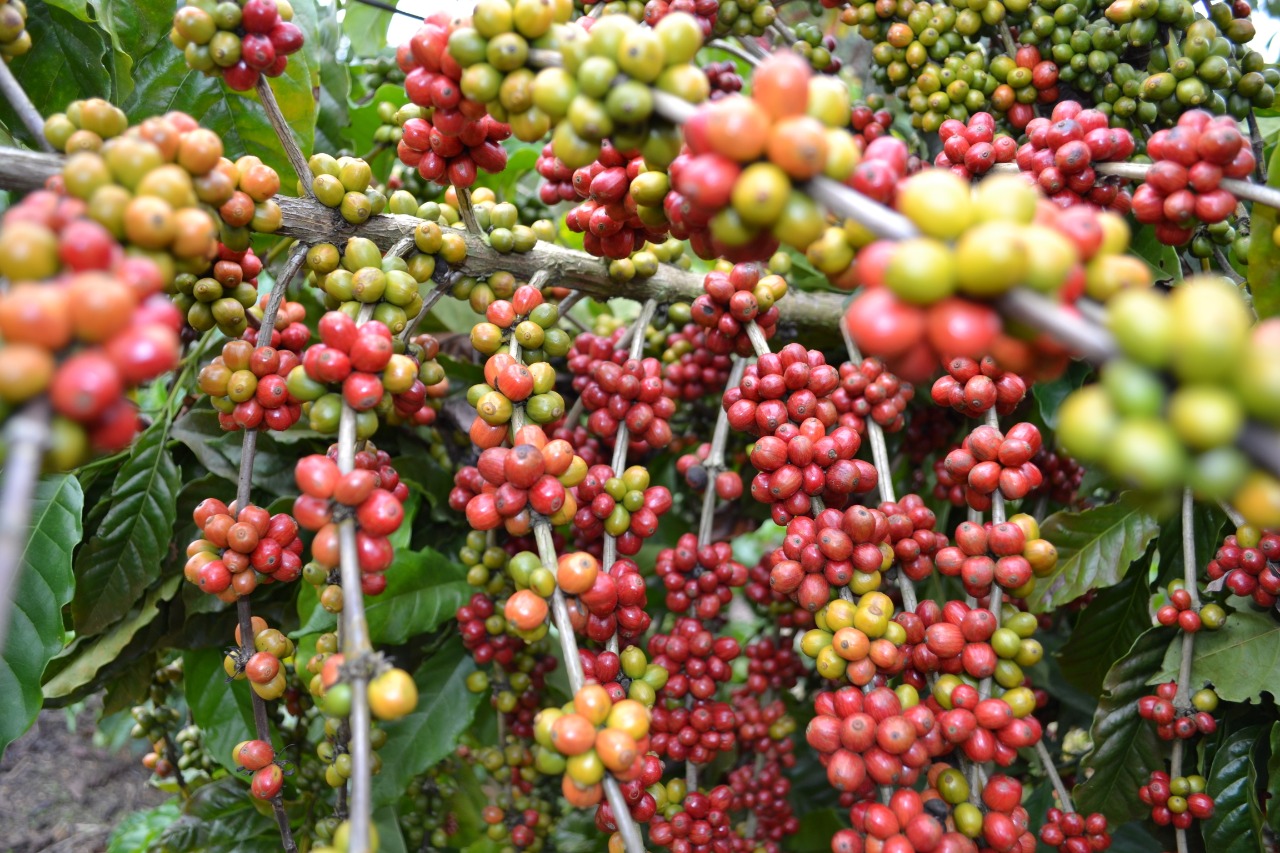Coffee Plantation: How Plant Growth Promoter Can Boost Crop Yield
A cup of coffee is a delight for everyone and a favourite for many. It is considered the most consumed beverage in the world after tea. It is therefore not surprising that coffee is one of the top traded commodities in the world.
A recent report revealed that people consume about 145 million bags of coffee in a year which is close to 10 million tons of coffee.
Those who have expertise in coffee plantations know that various factors contribute to good crop yield. Soil is where the plant growth begins and therefore the management of soil is of high importance.
Furthermore, the soil is involved in the supply of necessary nutrients, and immunity to fight diseases and prevent even the fungi attack on coffee plants.
This makes the preparation of soil in the first growth phase, an important step for better yield as its impact lasts long, throughout the life cycle of a coffee plant.
There is an increasing need for dealing with weeds that compete with coffee for water and nutrients and negatively affect crop yield. Various coffee pests like Coffee Berry Borer, Mealybugs, and Nematodes affect coffee plants.
Coffee diseases like Coffee Leaf Rust, Coffee Wilt, and Pink disease are caused, mostly by pathogenic fungi and sometimes by viruses and bacteria.
Good nutrition is the best antidote to pests and diseases as it improves the resistant power of coffee plants.
The drawbacks of using chemical pesticides include water contamination, health risks for animals and humans, and destruction of the local ecosystem.
From time immemorial, coffee farmers and producers have used chemical fertilizers containing nitrogen and phosphates which harm the environment in numerous ways, also leading to soil imbalance in the long run.

Coffee farmers often face many challenges like bad climatic conditions, less rainfall, pests and diseases, and lack of nutrient availability for plants.
So, what are the best options to increase the productivity of coffee and at the same time not affect the environment?
One of the best solutions is the use of plant growth promoters in the coffee plantation.
It is known to increase the productivity of coffee crops. A productivity increase of up to 46.9% is observed when a dose of 0.5 litres is applied per hectare.
One of the highlights of PGP is that it helps plants to grow even in difficult environmental conditions. The biological regulators ably boost the nutrient uptake by plants and increase productivity.
A better fruit set is observed when a natural and highly effective plant growth regulator is utilized in the soil.
Organica Biotech’s Magic Gro Plus is one of the best plant growth promoters available in the market containing a consortium of beneficial bacteria. It is highly capable of enhancing the productivity of coffee plants.
See Also: https://organicabiotech.com/microbes-in-agriculture-and-their-role-in-plant-growth-promotion/
From time immemorial, coffee farmers and producers have used excessive chemical fertilizers containing nitrogen and phosphates which remain un-utilised, throw off the balance of soil chemical fertility, and leach into the groundwater polluting it as well.
Especially in the tropical areas of the world, soil bioavailability of existing soil phosphates can be improved using this product, reducing the need for chemical inputs.
Due to high temperatures, microbial activity thrives, increasing the flow of nutrients to the soil. It improves plant immunity and helps in fighting pests and various diseases.
Additionally, Magic Gro Plus is natural and eco-friendly and does not affect the environment in any negative way
Many coffee producers have highly benefited by using Magic Gro Plus to keep the soil productive and enhance the growth of coffee crops.

